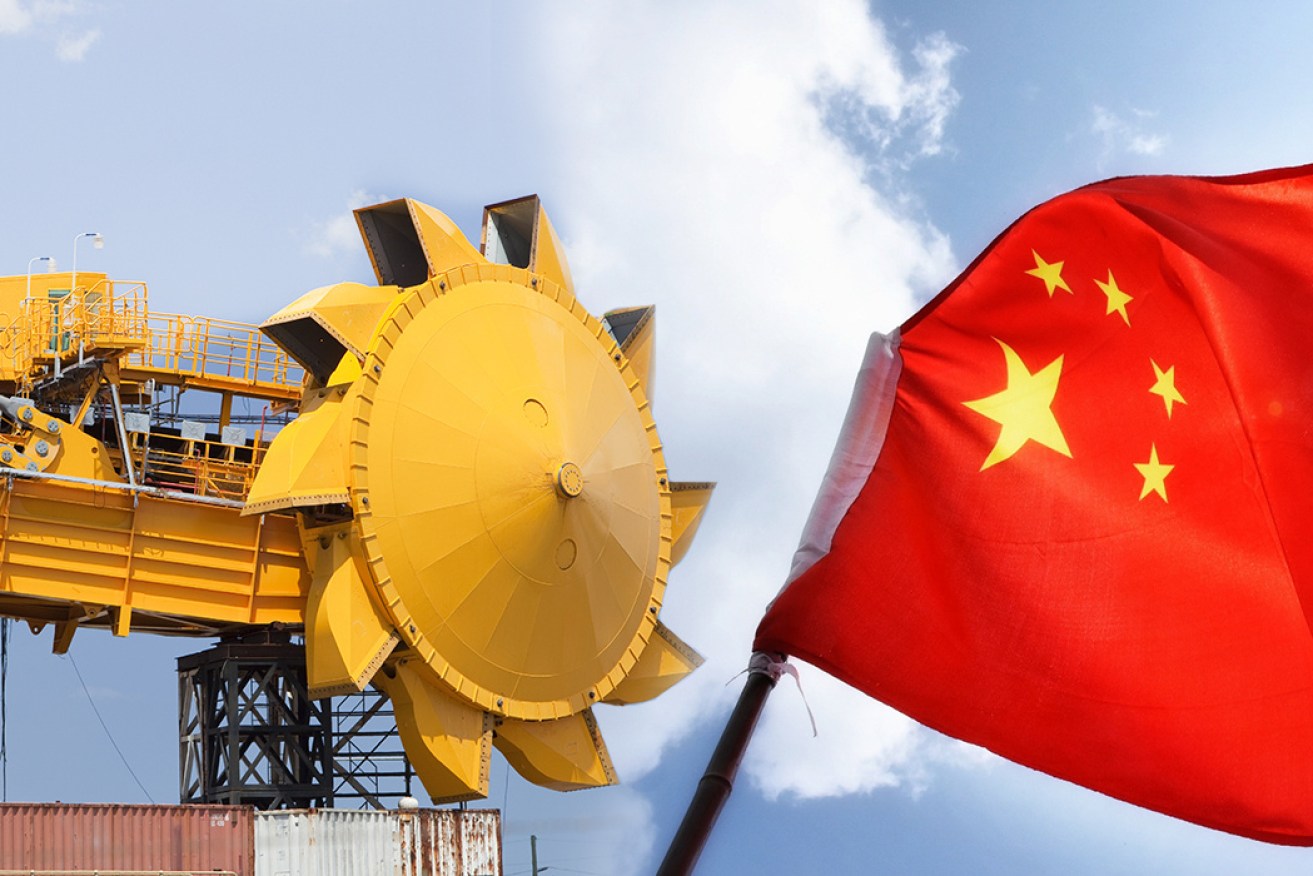What China’s coal crackdown means for Australia


Australian exports to China hit a record high of $192 billion last year. Photo: AAP/TND
It hammered the dollar and inspired theories of political retribution plots, but China’s decision not to accept imported Australian coal is likely driven by other factors.
Trade Minister Simon Birmingham ordered the Australian ambassador in Beijing to start an urgent investigation on Friday morning after news broke that the Chinese Port of Dalian would not accept Australian coal imports.
The reaction from markets was quick and decisive, with the dollar dropping to $US0.707 despite the strong labour force numbers that saw the currency climb above $US0.72 on Thursday.
However, speaking to The New Daily, deputy director of the University of Technology Sydney’s Australia-China Relations Institute James Laurenceson said it is unlikely the port’s decision was unlikely to be anything more than a month-long delay.
“We have a bit of a tendency to panic in Australia over any change in Chinese policy, but the truth is that … the reality is far more benign than many of the stories we see, and I expect this will be the same,” he said.
Limited impact from Dalian decision
Tom Piotrowski, market analyst with Commonwealth Bank’s stockbroking arm CommSec, said while it’s “not helpful” that a major trade partner like China would turn away imports, the volume of coal taken through Dalian is relatively small in the broader scheme.
“[The Port of Dalian] accounts for roughly 2 per cent of all the coal the we send to China,” he said.
“Then when you measure it against the total of our export value, it’s only around a third of a per cent of our total exports.”
Coal stocks were “generally weaker” on Friday following the news, but that result “wasn’t uniform” and some even made gains by market close.
The benchmark ASX 200 also closed on a positive note, up 0.46 per cent.
The dollar regained some of its losses too, spending much of Friday sitting close to $US0.71, despite its initial drop.
Nevertheless, Mr Piotrowski said the decision could be a risk if it “was to extend to a broader Chinese situation”, adding that the rejection of Australian coal was “important from a symbolic perspective” and better messaging is needed from the Chinese government.
“It would be a concern not only for coal producers but would also have an impact in terms of our current account because of the volumes of coal we export to China,” he said.
“The point that I would stress at this point is that the commentary from the Chinese commerce ministry has been scant to non-existent, so there’s still some clarity that’s required on that front.”
Political motives unlikely
In a press conference on Friday, Senator Birmingham was pressed on whether the port’s decision might have been in response to Australia’s decision to ban Chinese phone manufacturer Huawei from the domestic 5G rollout – a suggestion he roundly rejected.
“We believe and understand that these are simple import quotas, consistent with what China has applied before and continues to apply and apply equally to all countries,” he said.
UTS’s Mr Laurenceson shared that view, adding “a more likely explanation would be that its an effort to protect Chinese coal producers”.
It’s not the first time that China has delayed Australian coal imports either, Mr Laurenceson said, with similar scenes playing out in 2017 and 2018.
“Past experience shows those delays have been very short, and I would expect this to be the same although we’ll have to wait and see,” he said.
“If this extends on to two or three months, then we should treat it more seriously, but for now the government is doing a really good job with this.”








